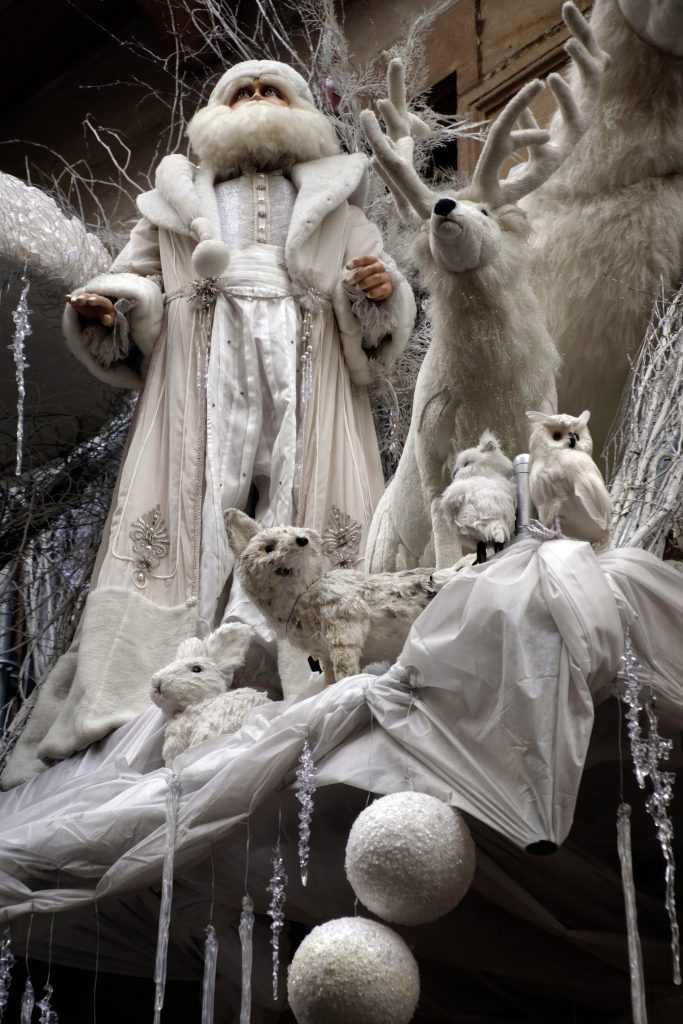
Demre, also known as Kale or ancient Myra, is a town located in the Antalya Province of southwestern Turkey. It’s situated on the Mediterranean coast and is historically significant for ancient rock-cut tombs and the origin of a world-wide meme.
Saint Nicholas, bishop of Demre,
later evolved into Santa Claus. He was a 4th-century Christian bishop known for his generosity and kindness. The Church of St. Nicholas, which houses his tomb, is a major pilgrimage site for (mostly) Orthodox Christians. The church also contains beautiful frescoes and mosaic tiled floors.
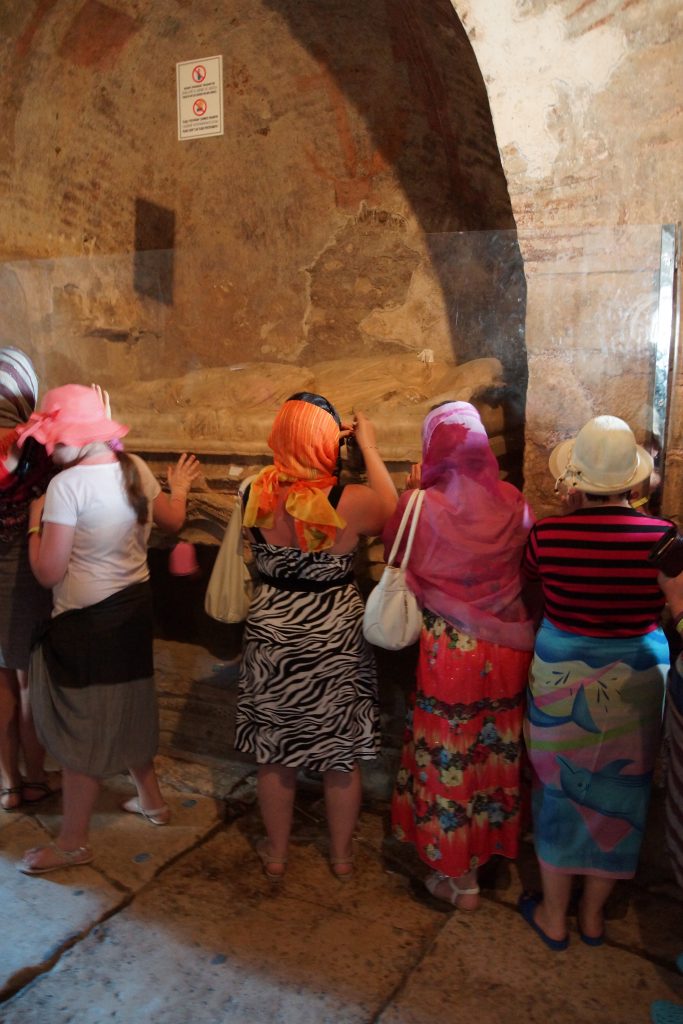
Russian Orthodox tourists line up to pray at the tomb of St. Nicholas
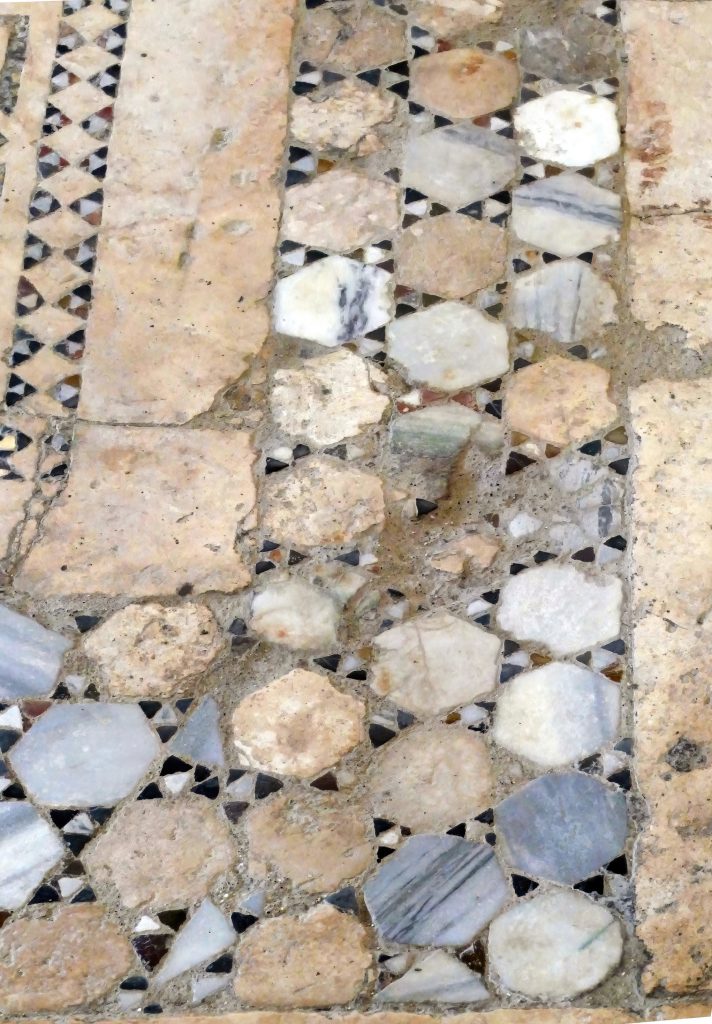
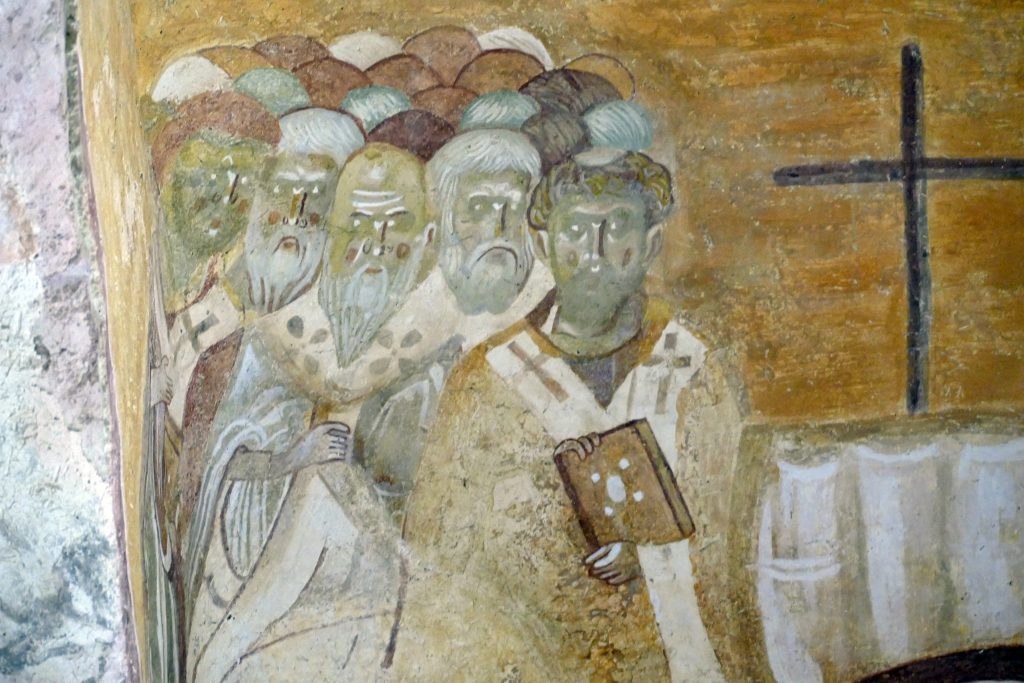
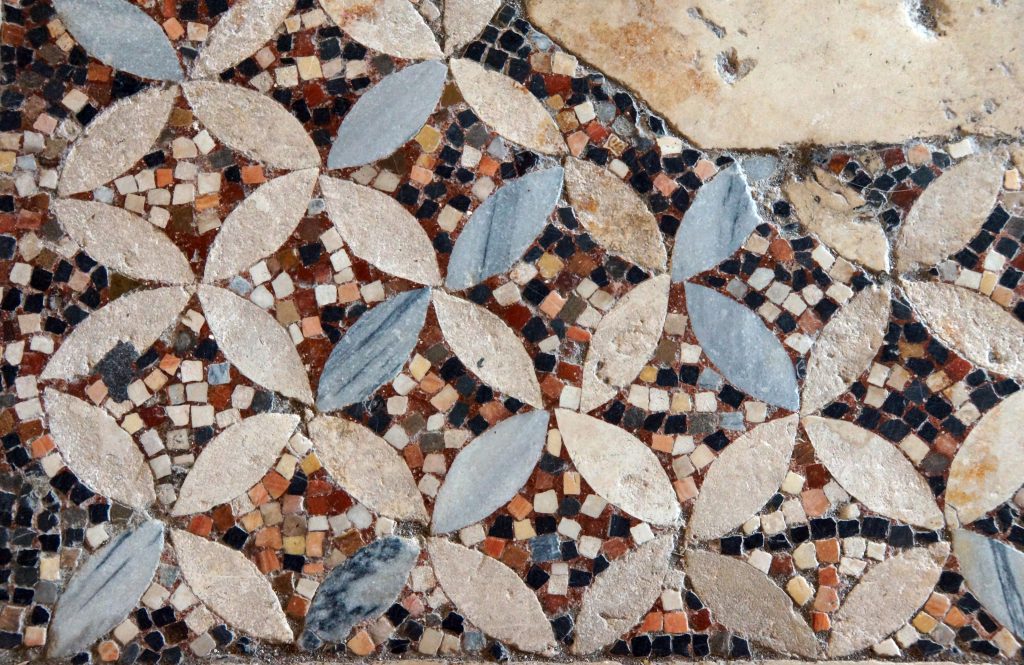
One of the most famous stories about Saint Nicholas involves him secretly providing a dowry for three impoverished sisters. According to the legend, Nicholas heard about a poor man who could not afford dowries for his three daughters, which meant they might be forced into a life of destitution. Nicholas, wanting to help, threw three bags of gold through the man’s window at night, providing the dowries and saving the girls from a dire fate.
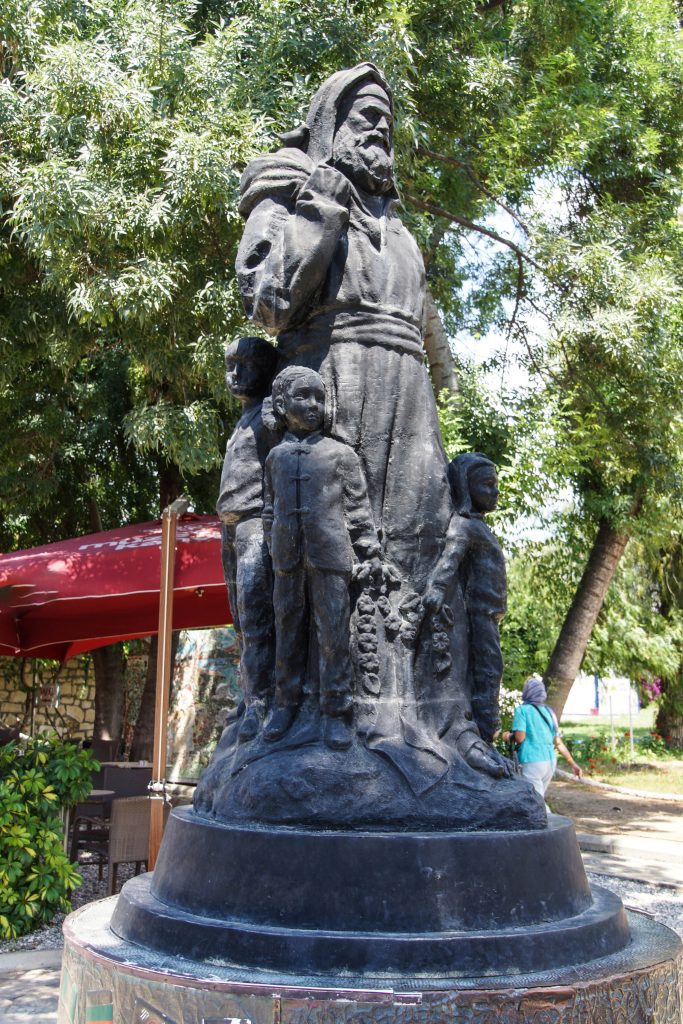
There are many St. Nicolas churches & cathedrals, usually in Orthdox Christian communities of the eastern Mediterranean
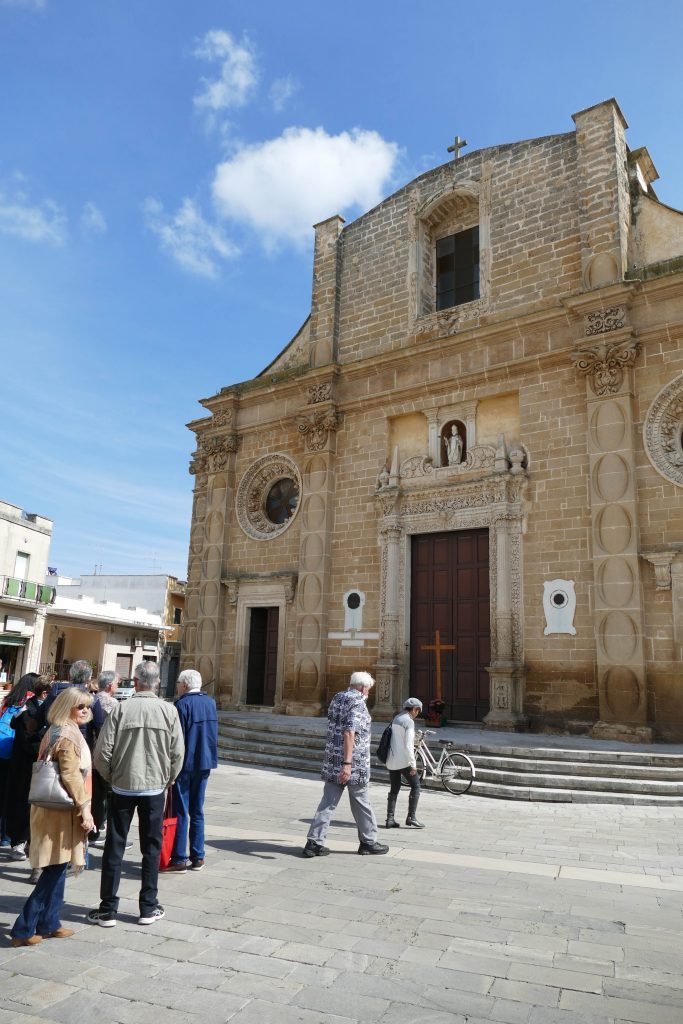
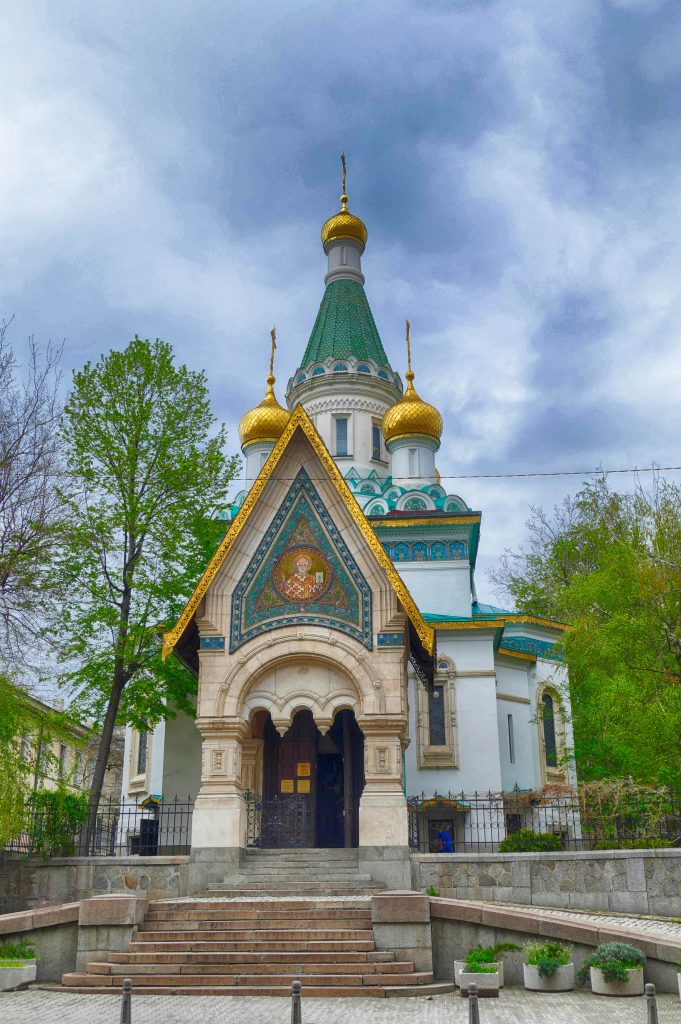
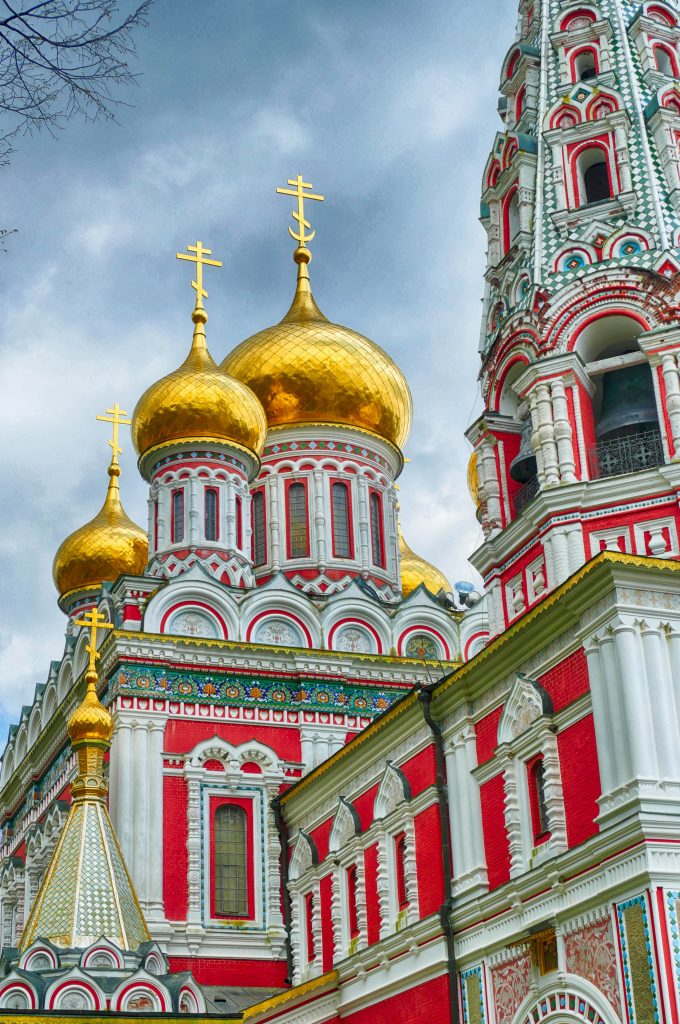
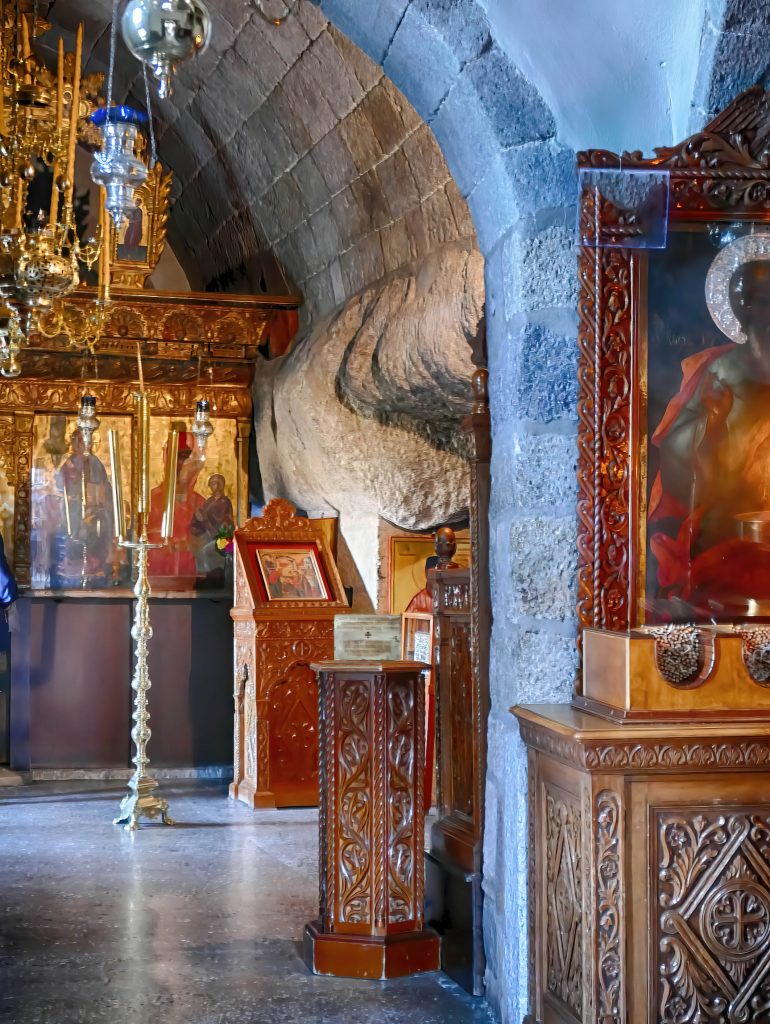
St Nicolas chapel, Cave of the Apocalypse, Patmos, Greece
As time goes by
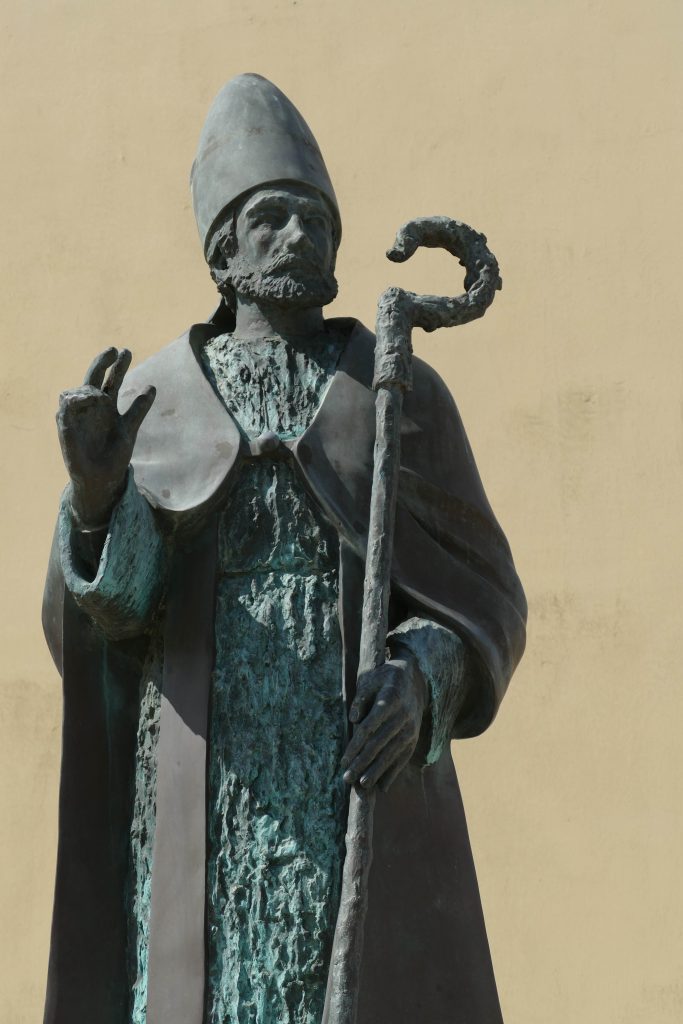
How he went from
<– this
to this–>
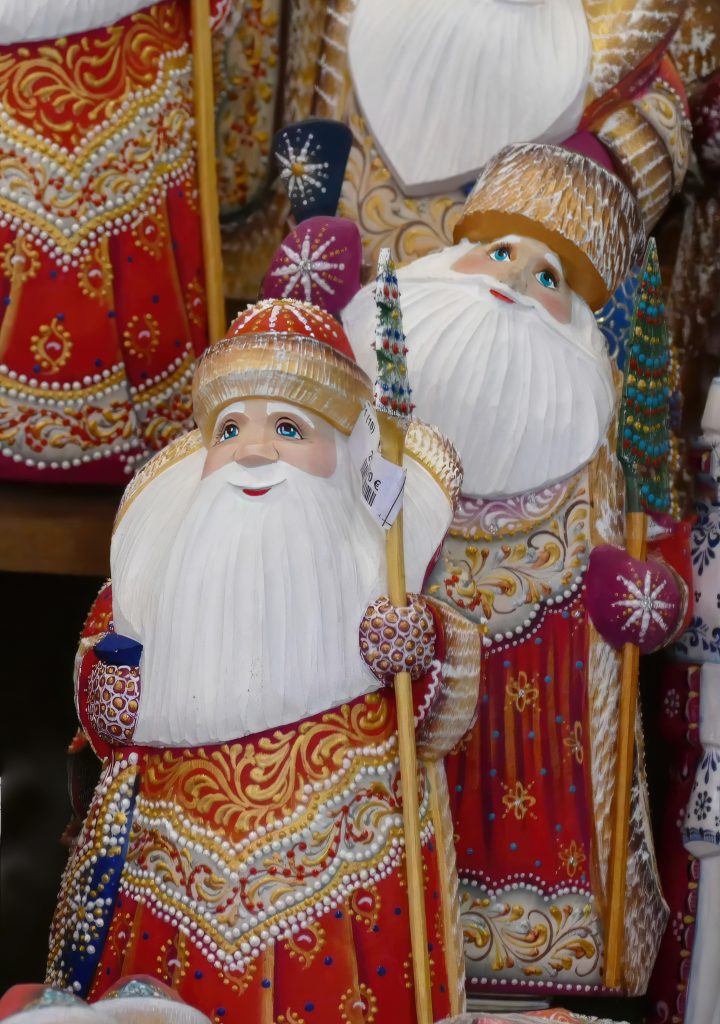
Over the centuries, the stories of Saint Nicholas’s generosity spread throughout Europe, and various cultures developed their own traditions surrounding him. In some countries, he came to be associated with Christmas and gift-giving.
In the early 19th century, the figure of Santa Claus took on a more modern form in the United States, thanks in part to the influence of Clement Clarke Moore’s 1823 poem, “A Visit from St. Nicholas” (commonly known as “The Night Before Christmas”). This poem helped popularize the image of Santa Claus as a jolly, rotund man who travels in a sleigh pulled by reindeer and delivers gifts to children on Christmas Eve.
The Coca-Cola Company also played a significant role in shaping the modern image of Santa Claus. In the 1930s, Haddon Sundblom, an illustrator, created a series of images featuring a plump, happy Santa Claus for Coca-Cola’s holiday advertisements. This depiction of Santa became highly influential and is one of the most enduring images of the character today.
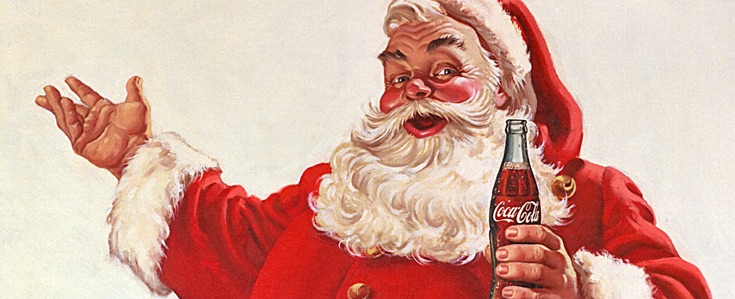
The legend of Santa Claus continues to evolve and adapt across cultures and regions. Today, Santa is a central figure in many Christmas celebrations around the world, embodying the spirit of giving and kindness during the holiday season. Children write letters to Santa, leaving out cookies and milk as a token of appreciation, and eagerly anticipate his arrival on Christmas Eve.
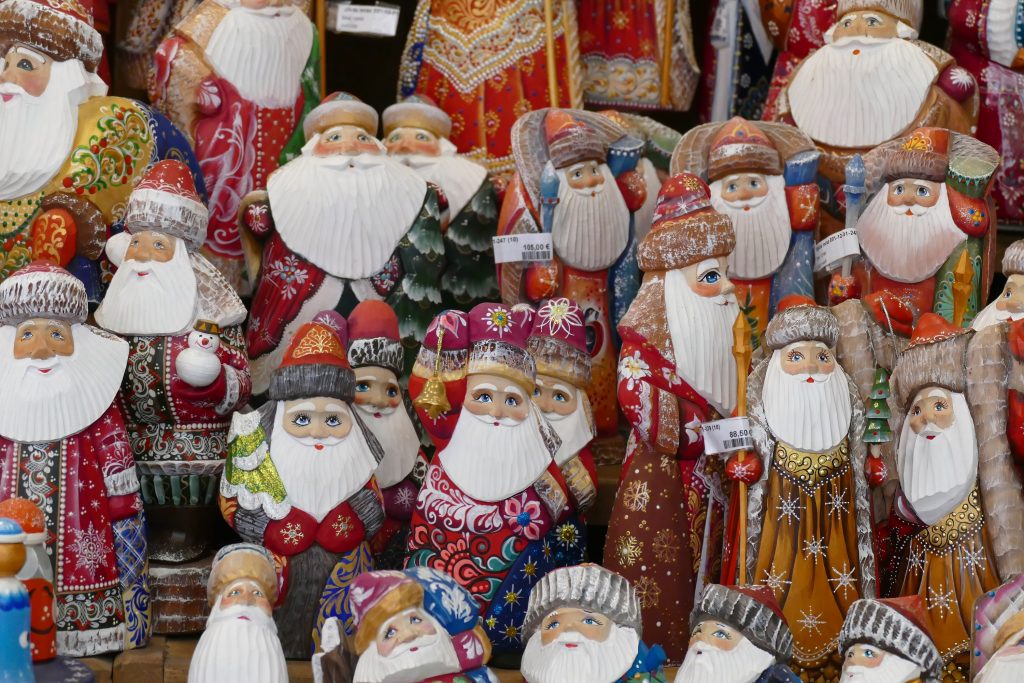
There’s another major reason to visit Demre – Myra — its well-preserved ancient ruins from the Lycian period. Notable among these are the rock-cut tombs and the Roman theater.
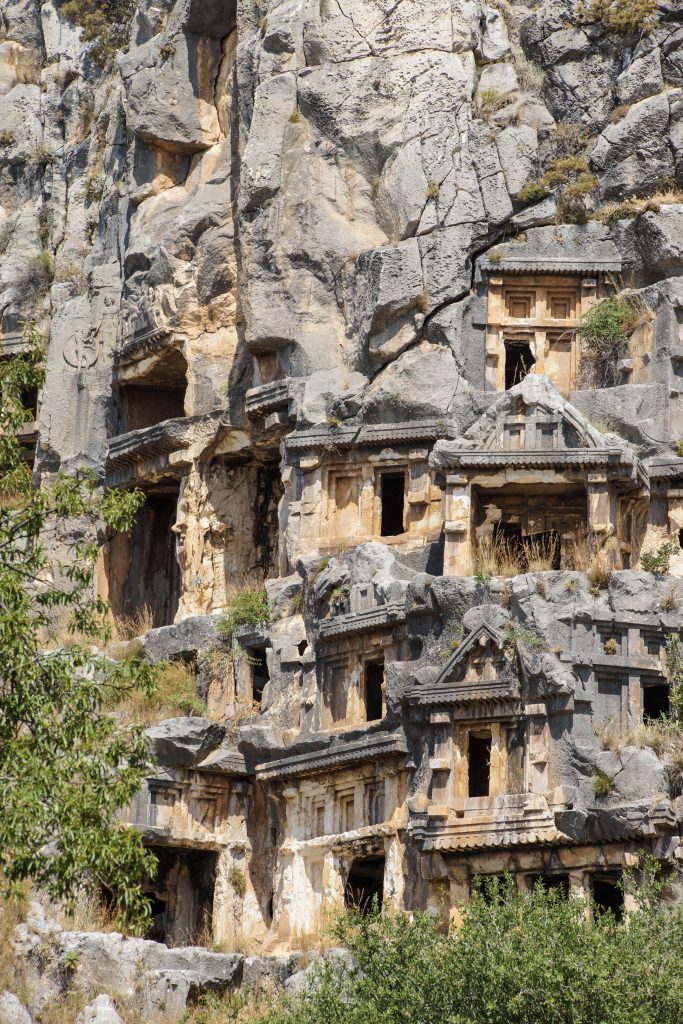
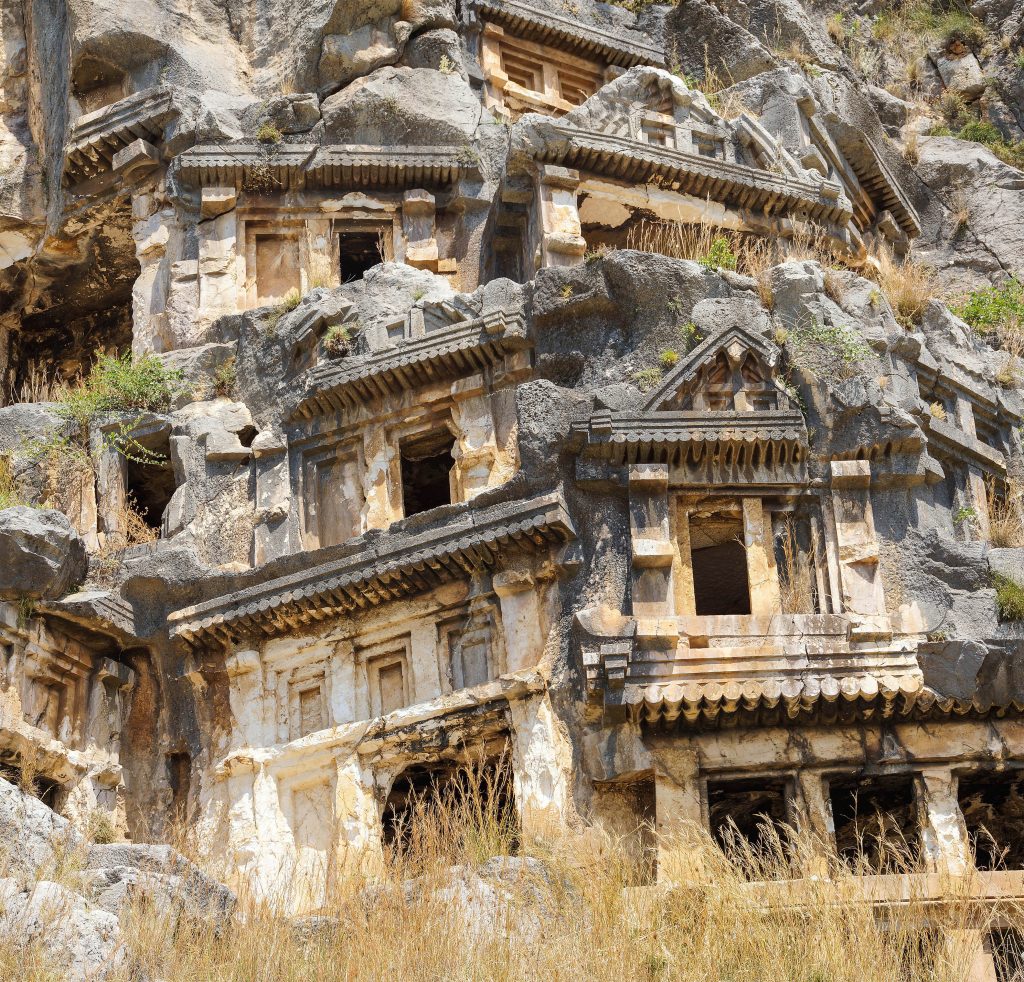
According to Strabo Myra was one of the largest towns of Lycian League (168 BCE– CE 43) and later a Roman city. Today tourists are attracted to Myra, in part from its ubiquitous appearance in Turkish travel brochures.
The tombs, some dating back to the 4th century BCE, were carved into the vertical faces of the cliffs that surround the ancient city. They showcase the typical Lycian architectural style, which features facades resembling the front of wooden Lycian houses.
Different types of tombs at Myra include simple chamber tombs, pillar tombs, and house-type tombs. Some of the tombs are relatively small and simple, while others are more elaborate and grandiose.
Many of the tombs feature inscriptions in Lycian and Greek script. They often include the names of the deceased and sometimes details about their lives.
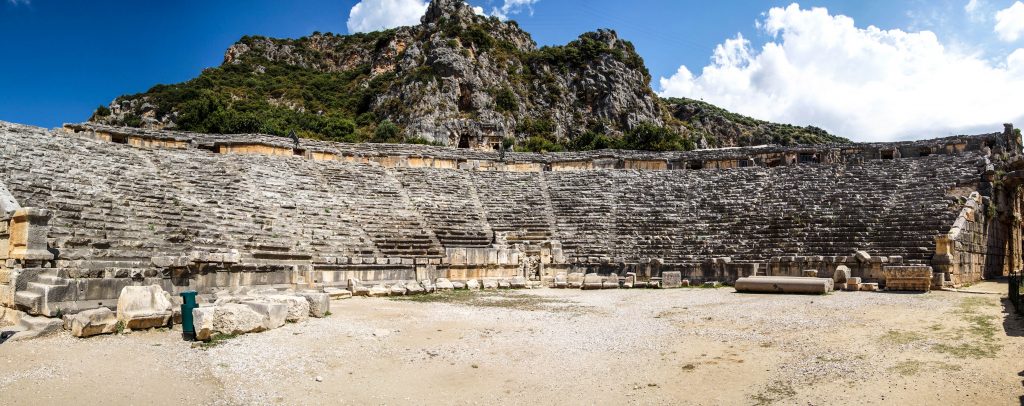
Romans built the Theater of Myra in the 1st century CE. It was of modest size, seating around 10,000 spectators. As the centuries passed, the city of Myra faced various natural disasters and changes in political power, accelerating its decline. The theater, like many ancient structures, fell into disuse and disrepair and many of its stone were repurposed for newer, if less majestic, buildings.
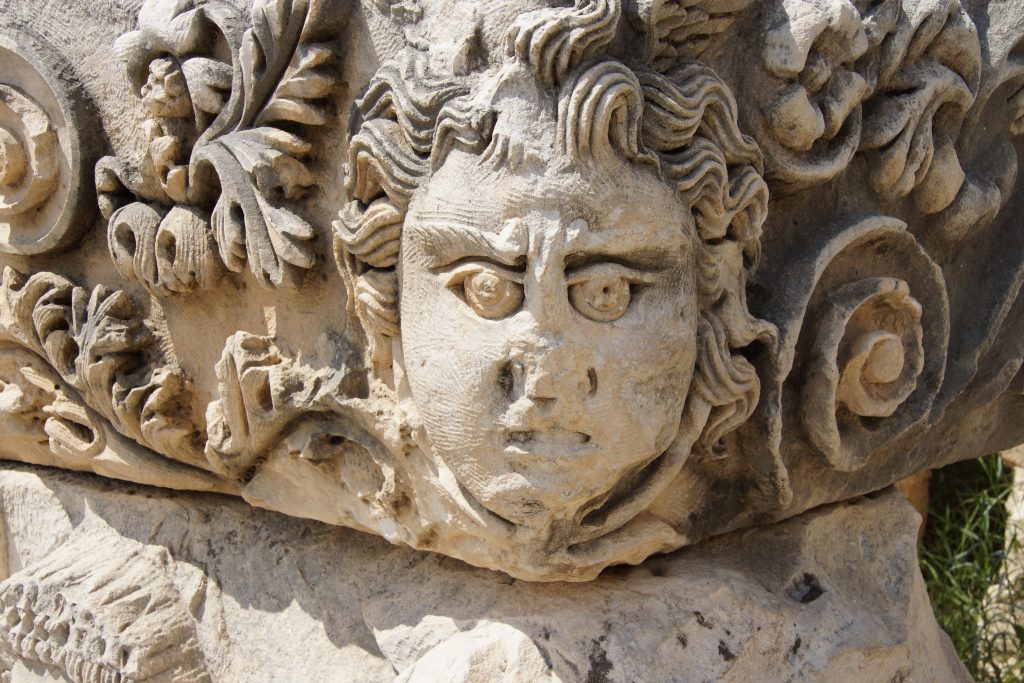
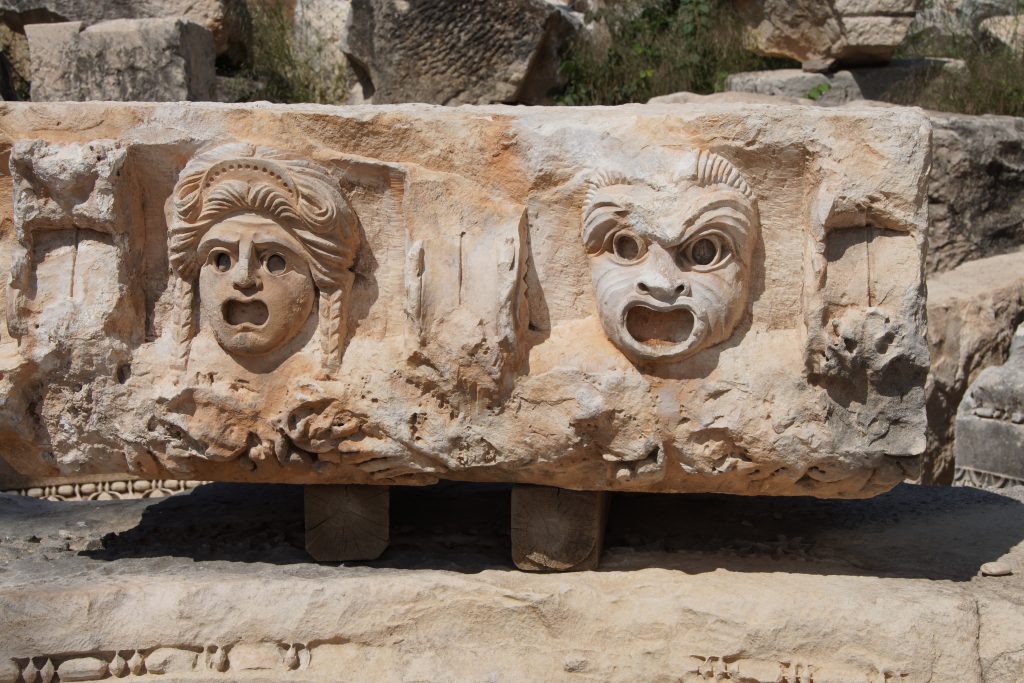
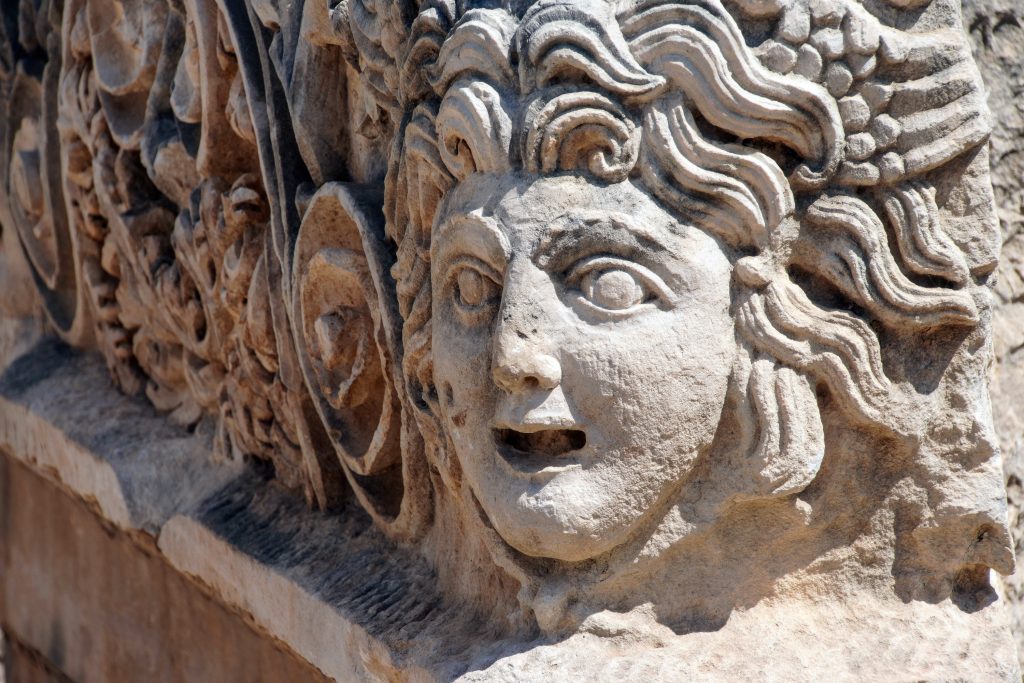
Today, although the theater is largely in ruins, you can still visit the site to see the remnants of this once magnificent structure. Local folk sell their crafts when you make your way to the top of the theatre
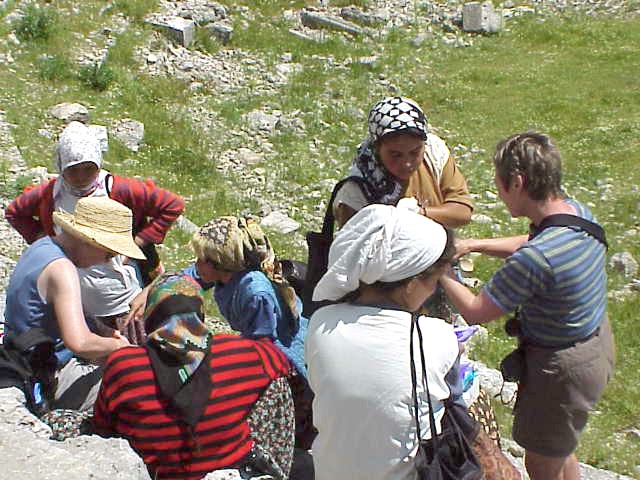
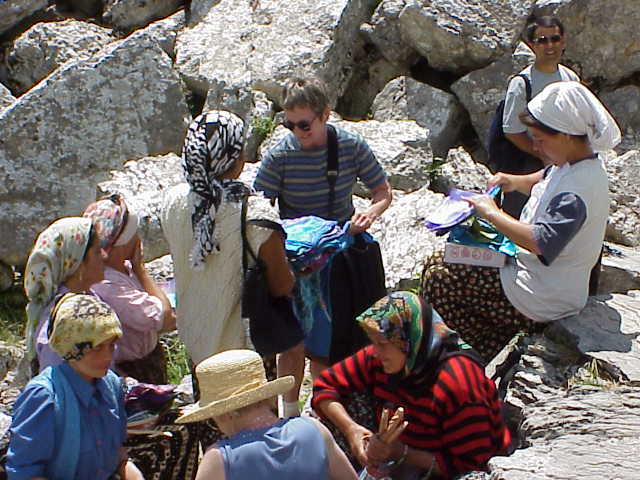
Over the last few years the sprawling bazaars around Demre & Myra sites have been transformed into more modern (if less interesting) strip malls but still selling everything from fridge magnets to fine art icons.
Cruising through Christmas Magic: AMAwaterways River Cruises